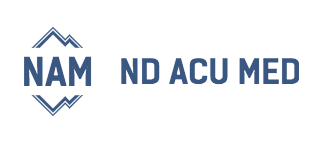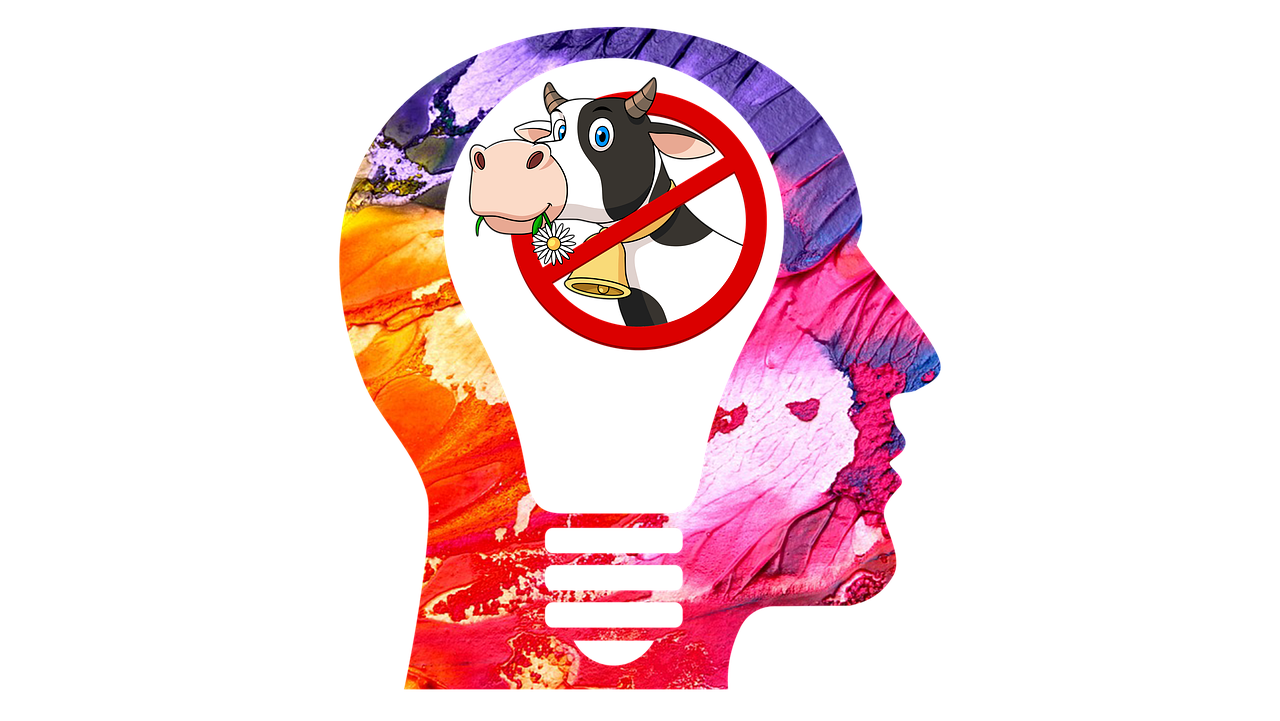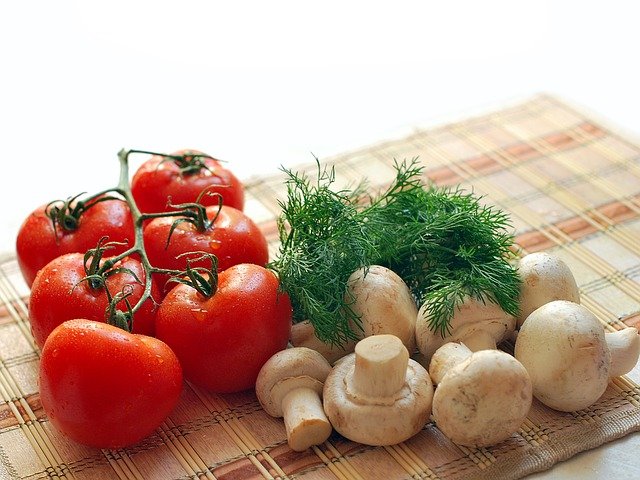Natural support options for managing constipation due to chemotherapy
Constipation due to chemotherapy can occur for several reasons:
- drug induced (if on opioid pain medications, for example)
- chemotherapy changes ones eating habits
- chemotherapy changes lining of the intestines
1. Increase fiber intake: A 2016 study examined the relationship between eating sweet potatoes and constipation in leukemia patients. Patients consumed 200 grams of sweet potato per day which amounted to eating 1 and 1/3 US cups of sweet potatoes. The study concluded that “sweet potato had a positive impact on the prevention of constipation and the defecation sensation in leukemia patients receiving their first chemotherapy”
2.Keep hydrated. Drink at least eight, 8 ounces of water per day.
3.Exercise can help keep bowels regular.
4. Acupuncture: A 2021 acupuncture study studied TENS acupuncture on chemotherapy induced constipation in Non Small cell lung cancer and found it to be beneficial.



